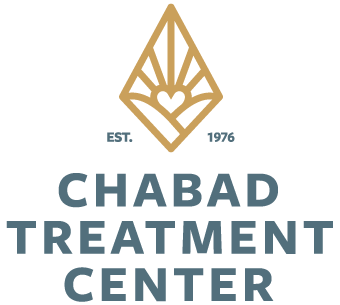PHILOSOPHY
MISSION & PHILOSOPHY
MISSION
Our investment and love towards our clients never ceases.
Over 40 years ago the Lubavitcher Rebbe had the foresight to see the need for drug treatment among the college youth and the Chabad Treatment Center was opened. Chabad’s mission is to help clients free themselves from substance abuse and other harmful addictions, connect to their inner roots of spirituality and integrity, form healthy relationships, and build meaningful and fulfilling lives.
We are truly a “family” oriented program and make life long connections with our residents. We stay in contact, celebrate sober birthdays, follow progress, attend weddings and other life events when possible, and enjoy holidays together.
PHILOSOPHY

Chabad’s clinical philosophy views substance abuse as a reflection of underlying internal and social issues along with a need for greater skills and resilience to meet presenting challenges. Our program uses an integrated approach to treatment, incorporating clinical work, spirituality, 12-steps and improved wellness practices.
Cognitive therapy clients often enter Chabad with accompanying feelings of anxiety and depression, unresolved traumas, cravings and thoughts about returning to drug usage. Cognitive behavioral therapy is utilized to challenge and replace thoughts and beliefs (many times unconscious) that are contributing to these negative feeling states, patterns of avoidance and addictive behaviors.
Developmental therapy helps our clients recognize their core values and set paths towards meaningful lives. The emergence of “values” work is a fairly recent addition to cognitive behavioral therapy. Current research on integrating cognitive therapies with values clarification has shown positive outcomes in recovery and this has always been a significant part of Chabad’s treatment philosophy. By understanding the development themes that have emerged over the course of their lives, our clients are able to challenge their internal motivations and patterns. This creates an elevation of the regression that often occurs with substance abuse. Clients begin to experience their own inner strengths and personal integrity, and mutually caring relationships become prominent.
Chabad’s spiritual philosophies arise from the teachings of the Lubavicher Rebbe and integrate exceptionally well with our cognitive and developmental approaches:
- To build from our client’s strengths
- To see things in the most positive and life affirming ways
- To embrace the challenge of growth
- To contribute to the world with greater acts of goodness and kindness.
Emphasis is placed on each client’s individual thinking process and perspective. Working together with our clients is an essential aspect of our treatment.
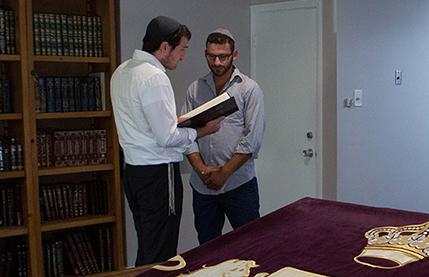
STATISTICS
Over the past 45 years, Chabad Residential Treatment Center in Los Angeles has successfully treated thousands of men from all faiths, races and backgrounds who were suffering from substance abuse issues. Our treatment is comprehensive so we can address the full spectrum of the client’s needs and employs the most current, evidence-based protocols set forth by the National Institute on Drug Abuse in Washington D.C. As treatment progresses, we emphasize the tools necessary to foster ongoing sobriety outside of the residential environment. We are proud that our success rate for those who graduate from our program is 70% 30 days post discharge, 70% 90 days post discharge, and 61% one (1) year post discharge, among the highest rates of recovery in the country.
What if I've relapsed before?
Though relapsing does not have to be part of recovery, many clients have relapsed previously. Research on will power from Stanford University points to higher levels of success when we give ourselves certain messages after we have missed the mark. Whether or not this is your first attempt at recovery consider these 3 steps that can contribute to your success.
- Take a moment to become mindful of how you are feeling: You may not feel you are at your highest point - acknowledge that feeling. Becoming mindful of our moods and learning to ride through those feelings is part of recovery.
- Recognize the universal problem of addiction: Managing life and all its complexities is not easy - we all miss the mark.
- Encourage yourself: There is no reason why you can’t obtain recovery and maintain it this time in treatment!
CLIENT SATISFACTION
"CHABAD GAVE ME BACK MY LIFE."
STAFF
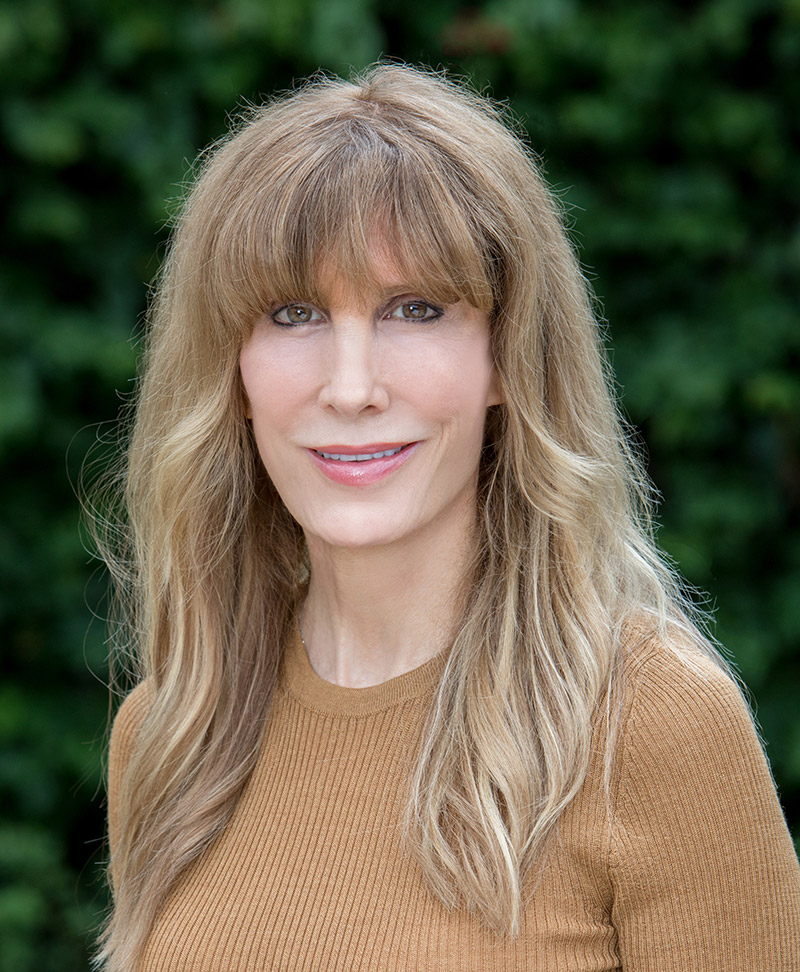
Dr. Donna Miller
Director
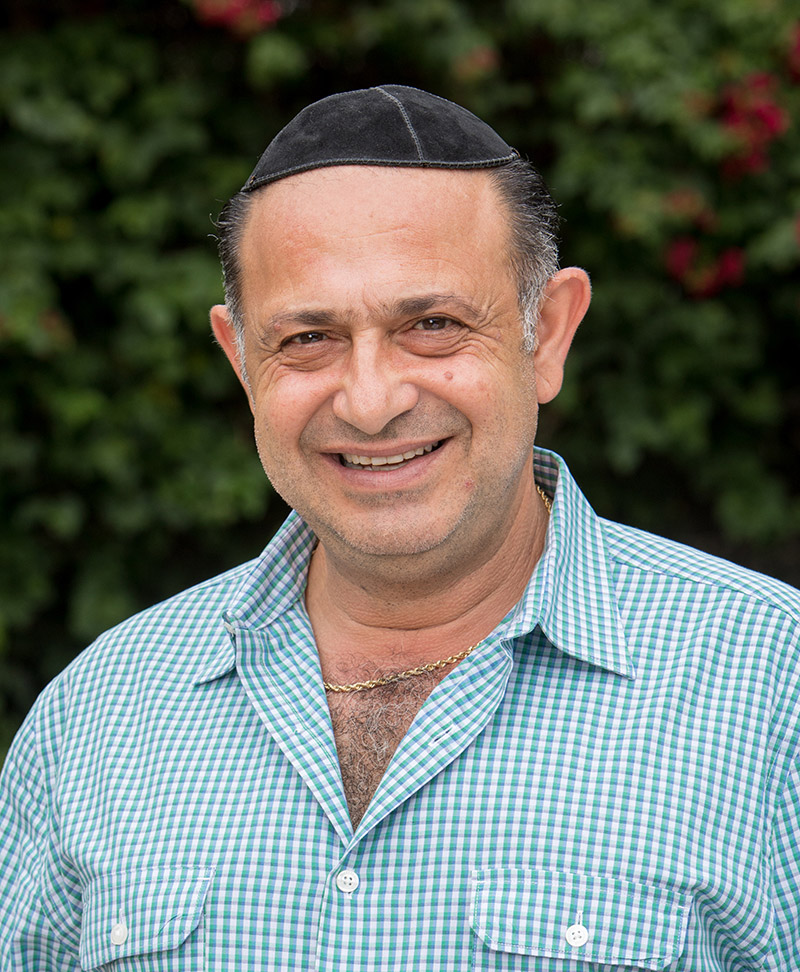
Benny Adasha
Program Manager
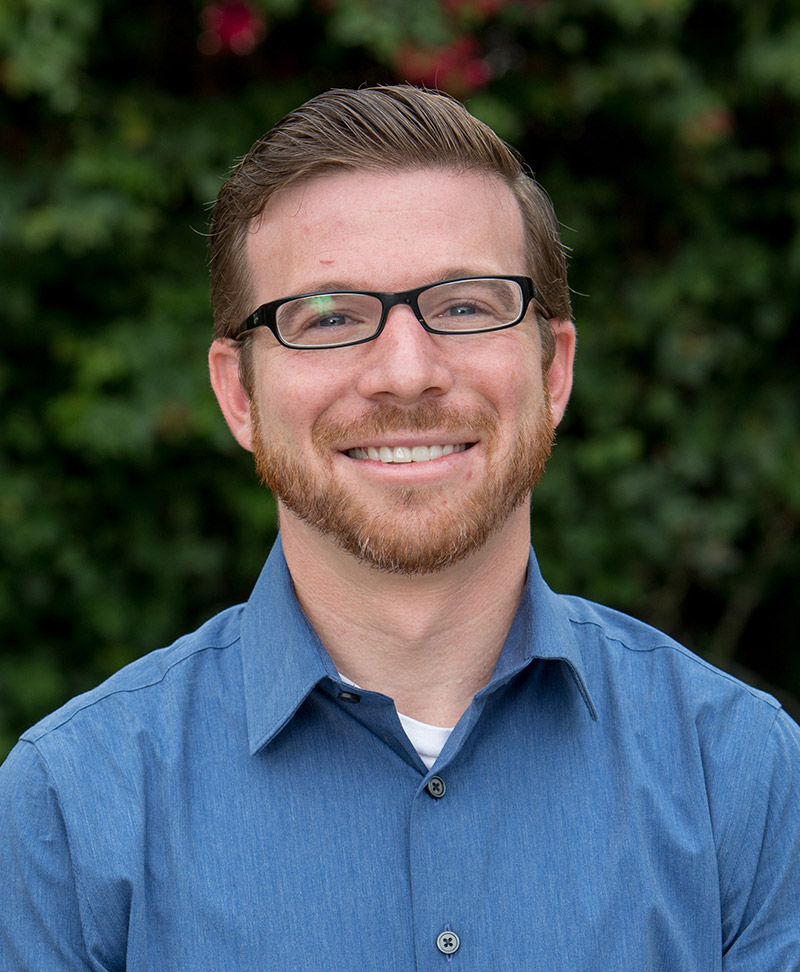
Kovi Blauner
Program Administrator
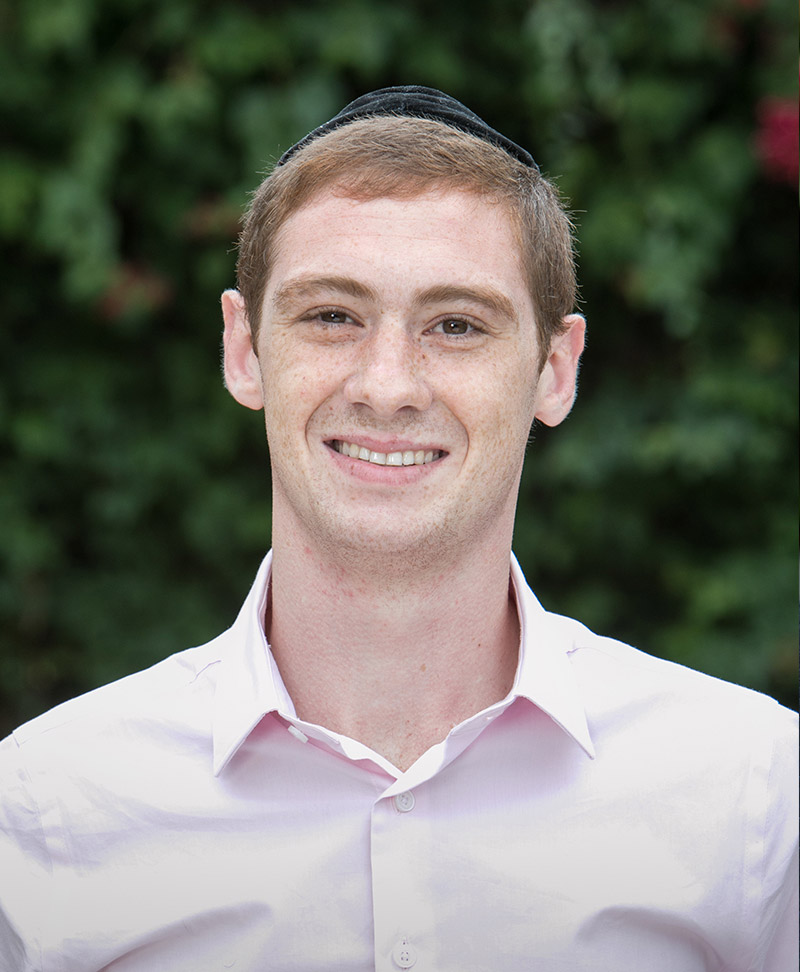
Motti Osias
Head Counselor
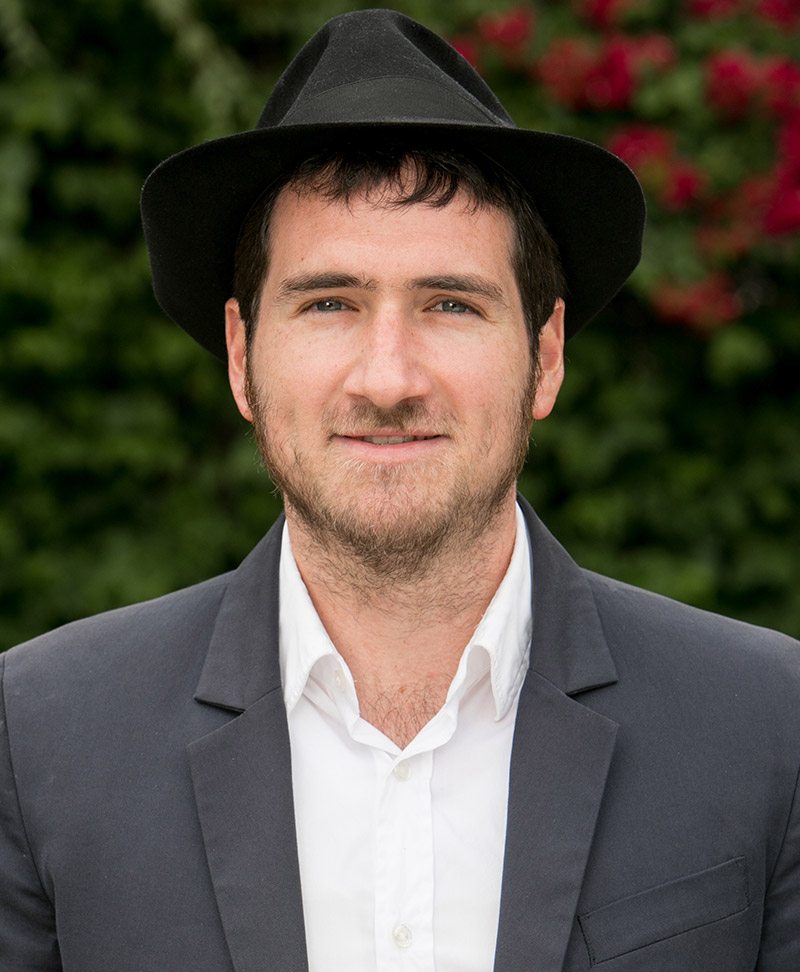
Rabbi Yaakov Shusterman
Spiritual Counselor and Rabbi
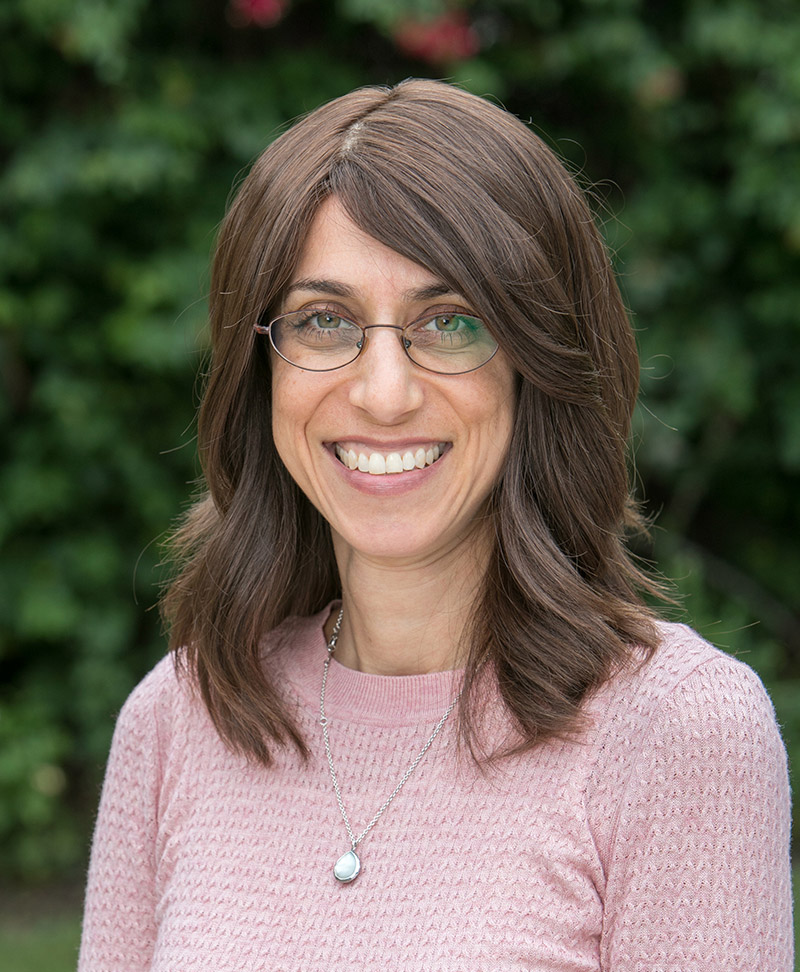
Dr. Lauren Wecker
Clinical Supervisor
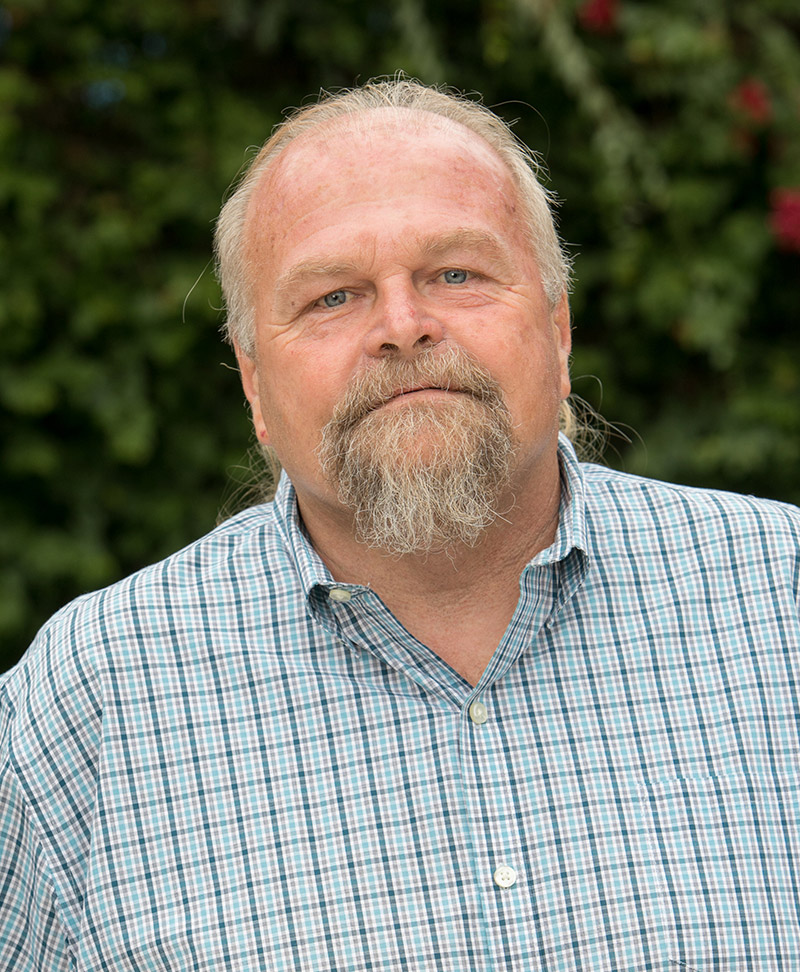
John Ostlund
Counselor
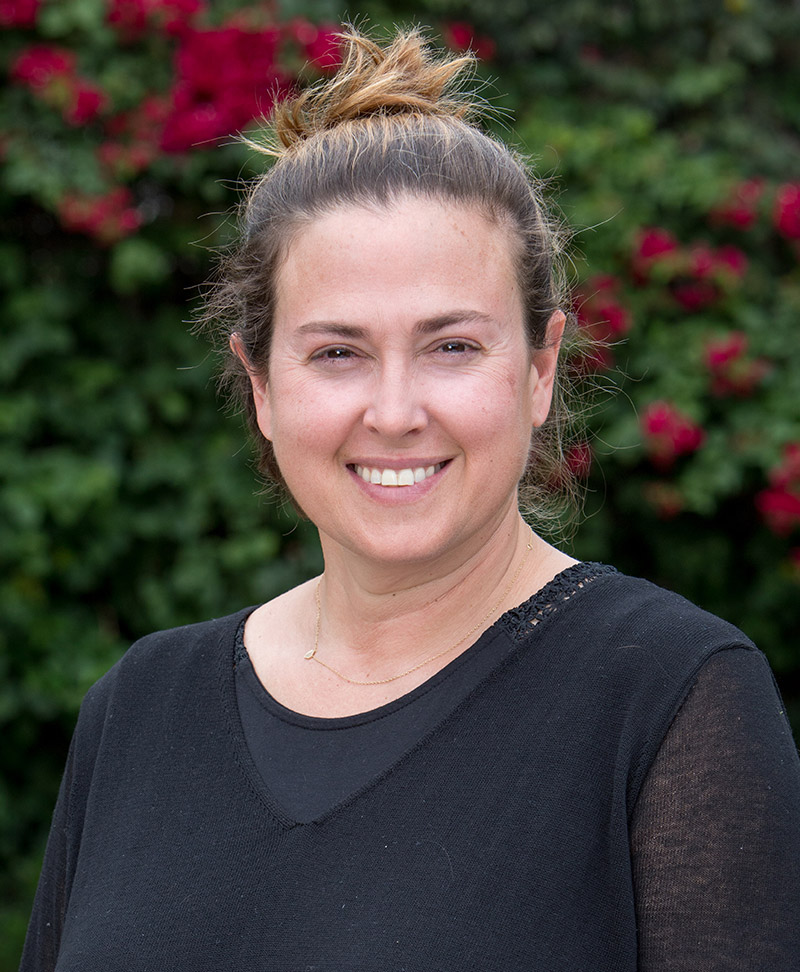
Sinaia Harkham
Therapist
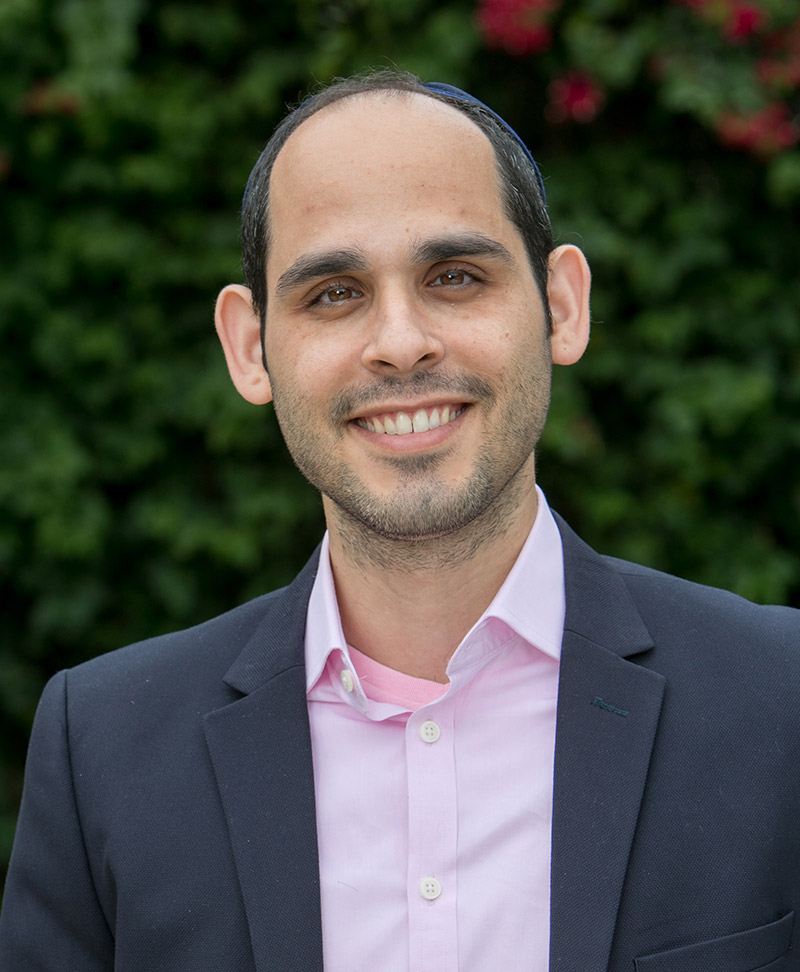
Dr. Raymond
Psychologist
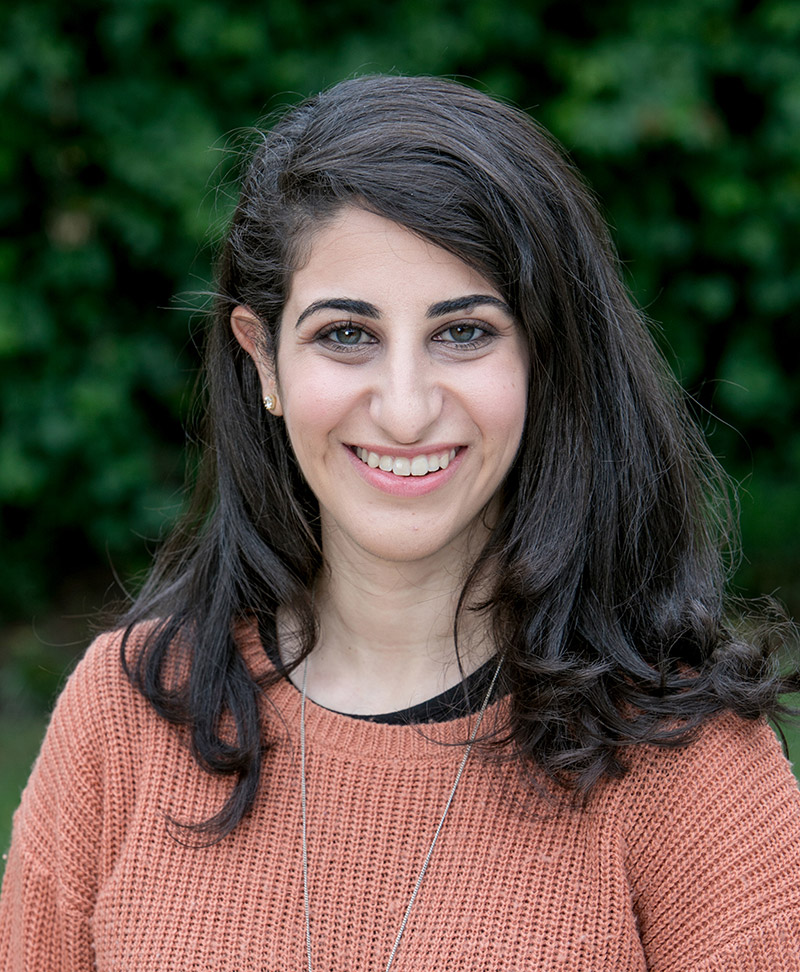
Limor Kapel
Art Therapist
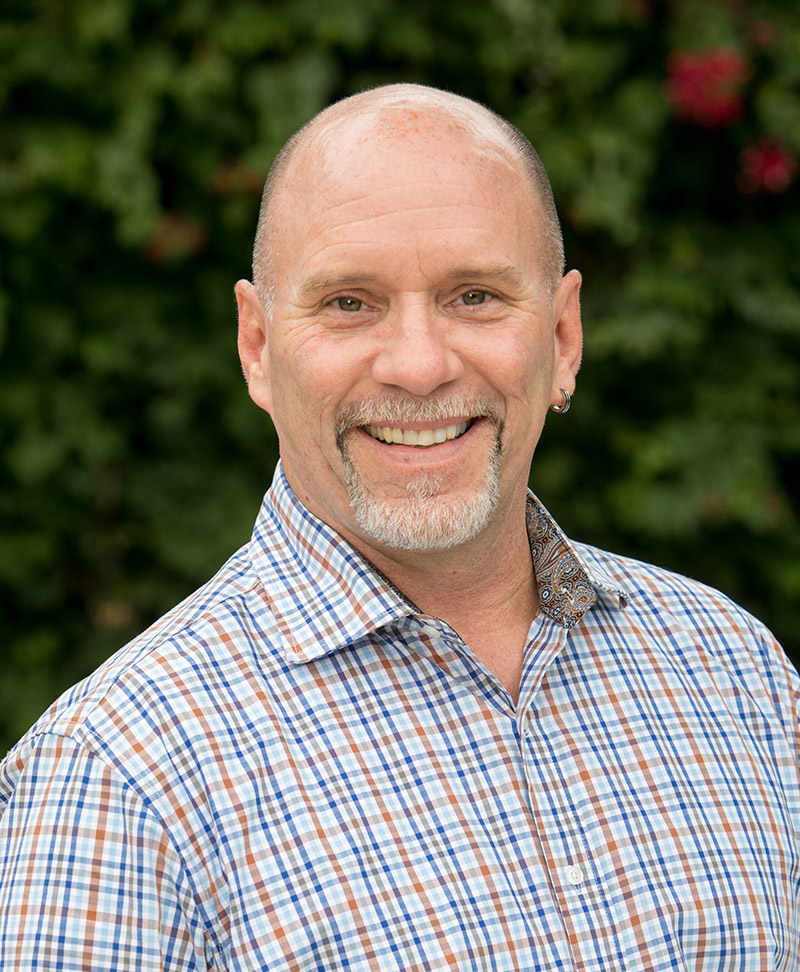
Paul Vroom
Counselor
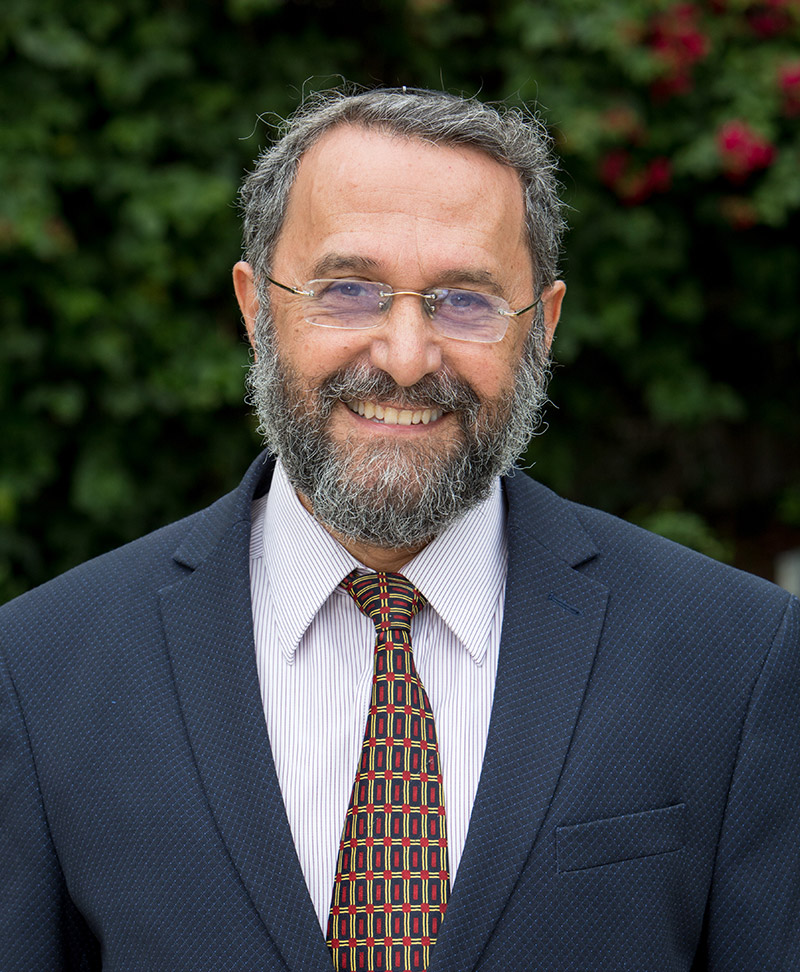
Moshe Chayempour
Kosher Chef
